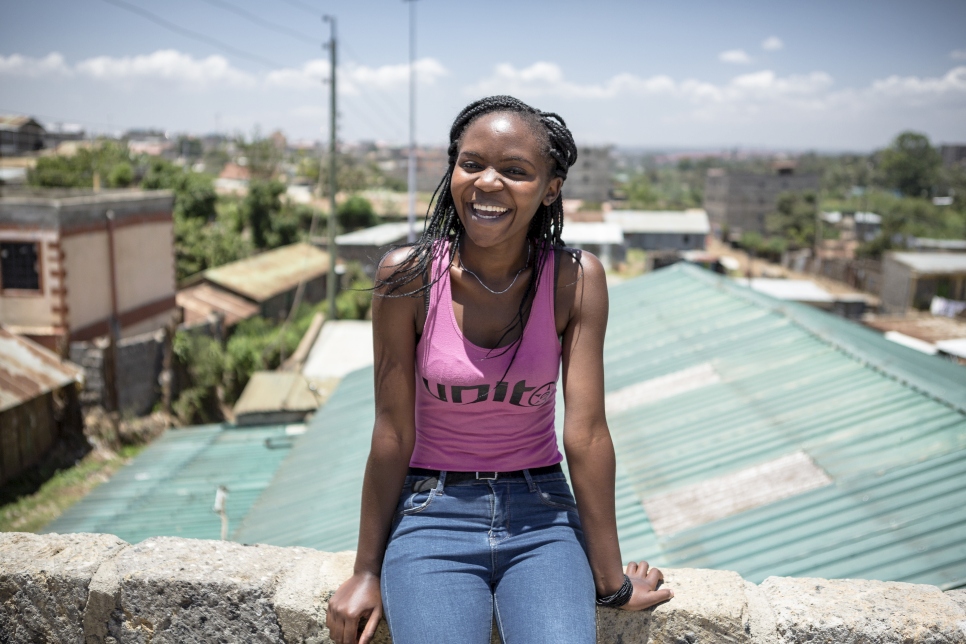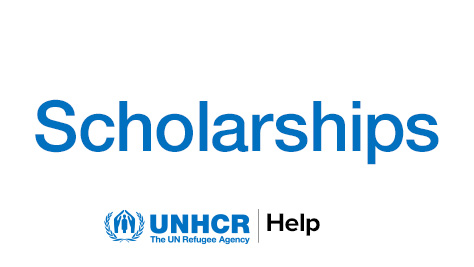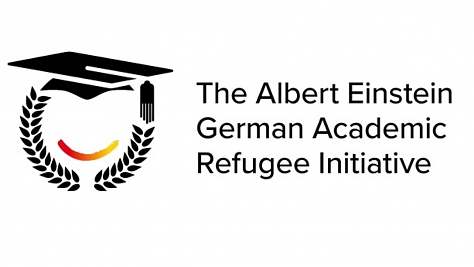Tertiary Education
Access to accredited quality higher education for refugees is an integral part of UNHCR’s protection mandate and included in our strategic directions for 2017-2021.
Higher education plays a central role in protecting young refugees. It helps to nurture future generations of highly educated individuals who are not only able to work in the public and private sector, but who also engage in their communities to make a difference. With knowledge and skills obtained from an accredited higher education institution and often the acquisition of a new language, educated young refugees stand a greater chance of becoming self-reliant.
Today, only 1 per cent of eligible refugees have access to higher education, compared to 36 per cent of global youth.
UNHCR works to strengthen access to tertiary education through:
- Scholarship programmes in the first country of asylum: DAFI – The Albert Einstein German Academic Refugee initiative – funded by the German government and private donors;
- Connected Learning programmes – a blended learning approach in partnership with a network of accredited universities;
- Establishment of complementary pathways to protection for refugees through higher education opportunities in third countries;
- Advocacy with ministries, universities and academia to expand access for refugee students to universities and to mitigate barriers that prevent refugees from enrolling in university.
If you’re an institution looking to provide scholarships for refugees, please see here.
Scholarships opportunities for refugee students
Are you a refugee looking for a scholarship? Please visit our Scholarship portal for more information.
DAFI Programme
University scholarships through the Albert Einstein German Academic Refugee Initiative.
Complementary pathways through education
Higher education as pathway to protection in third countries of asylum.





